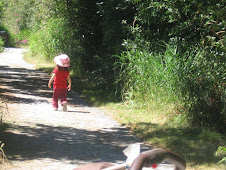Many tend to have a diet high in vegetables and fruit with some fish but little meat. Most also have remained active with at least moderate exercise even if it just going for regular daily walks.
Genetics can play a part, i.e.: having parents or other family members who have had heart problems, high blood pressure, cholesterol, a history of cancer, diabetes or other health issues. But you do control your diet, how much exercise you get and how socially active you are. Do you allow yourself to become isolated? Do you get out with other people, see family, keep in touch with grandchildren, keep yourself aware of worldly events and learn new things? Do you try to keep your brain active by reading, doing crossword puzzles or discussing local and world politics?
Cities generally have more centarians because there are better doctors, hospitals, opportunities to socially network, more resources, better transportation, more facilities for mental stimulation and more cultural experiences available. And generally those with a higher education tend to live longer. United States has approximately 53,364 centarians with Japan having 51,376, both leading the way world-wide.
The following are also things that might indicate your longevity: if your mother had you when she was under 25 years old; if you have made a habit of drinking tea, without milk, but especially green tea; that you walk approximately thirty minutes per day; that you have made it a habit to avoid drinking sodas; have kept a healthy weight and done regular exercises; eaten purple foods, particularly blueberries; avoided red meat and deli processed meats; have not smoked; have close friends not just acquaintances; been self-disciplined and organized; set personal goals; have a positive outlook on life and a sense of purpose. It is also important to do exercises that increase your lower body strength. Also, studies indicate that if you were overweight at fourteen years old, you have a higher chance of developing type 2 diabetes in adulthood.
There are approximately 450,000 centarians world-wide. Currently the oldest person alive at 114 years lives in Japan. According to studies, there is an indication that longevity seems to run in families.




















































































